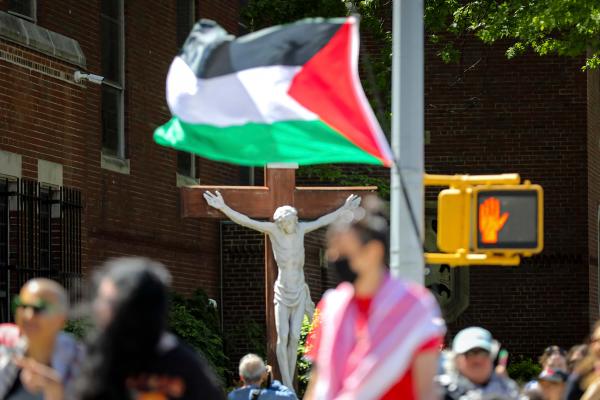May 13, 2025
On May 15, Palestinians around the world will mark Nakba Day to remember the catastrophic events of Palestinian mass displacement. In years past, this day has largely flown under the radar. But this year feels different. After the atrocities committed by Hamas on Oct. 7, 2023, and in the wake of the state of Israel’s mass killing of Palestinian men, women, and children along with the staggering destruction of Gaza, the world can no longer look away. The question now is whether it will summon the courage to act.
Read the Full Article

Already a subscriber? Login
